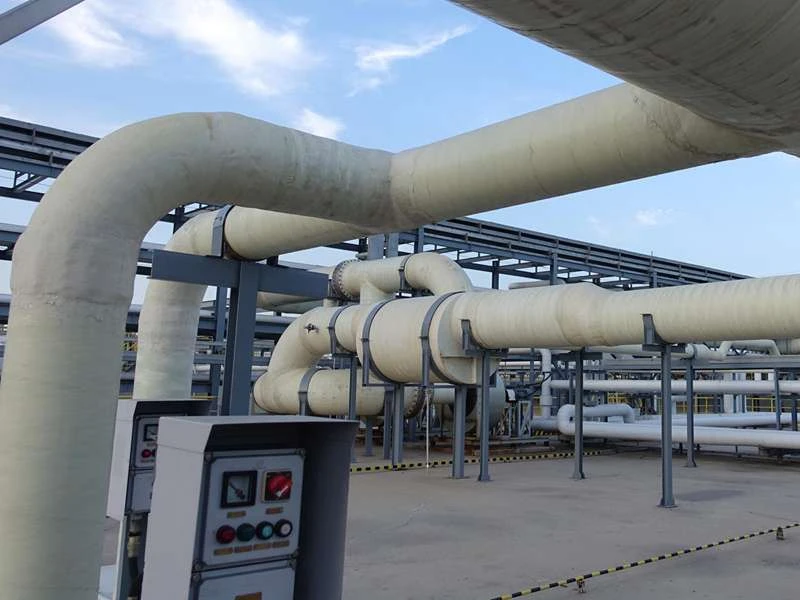
-
 Afrikaans
Afrikaans -
 Albanian
Albanian -
 Amharic
Amharic -
 Arabic
Arabic -
 Armenian
Armenian -
 Azerbaijani
Azerbaijani -
 Basque
Basque -
 Belarusian
Belarusian -
 Bengali
Bengali -
 Bosnian
Bosnian -
 Bulgarian
Bulgarian -
 Catalan
Catalan -
 Cebuano
Cebuano -
 China
China -
 China (Taiwan)
China (Taiwan) -
 Corsican
Corsican -
 Croatian
Croatian -
 Czech
Czech -
 Danish
Danish -
 Dutch
Dutch -
 English
English -
 Esperanto
Esperanto -
 Estonian
Estonian -
 Finnish
Finnish -
 French
French -
 Frisian
Frisian -
 Galician
Galician -
 Georgian
Georgian -
 German
German -
 Greek
Greek -
 Gujarati
Gujarati -
 Haitian Creole
Haitian Creole -
 hausa
hausa -
 hawaiian
hawaiian -
 Hebrew
Hebrew -
 Hindi
Hindi -
 Miao
Miao -
 Hungarian
Hungarian -
 Icelandic
Icelandic -
 igbo
igbo -
 Indonesian
Indonesian -
 irish
irish -
 Italian
Italian -
 Japanese
Japanese -
 Javanese
Javanese -
 Kannada
Kannada -
 kazakh
kazakh -
 Khmer
Khmer -
 Rwandese
Rwandese -
 Korean
Korean -
 Kurdish
Kurdish -
 Kyrgyz
Kyrgyz -
 Lao
Lao -
 Latin
Latin -
 Latvian
Latvian -
 Lithuanian
Lithuanian -
 Luxembourgish
Luxembourgish -
 Macedonian
Macedonian -
 Malgashi
Malgashi -
 Malay
Malay -
 Malayalam
Malayalam -
 Maltese
Maltese -
 Maori
Maori -
 Marathi
Marathi -
 Mongolian
Mongolian -
 Myanmar
Myanmar -
 Nepali
Nepali -
 Norwegian
Norwegian -
 Norwegian
Norwegian -
 Occitan
Occitan -
 Pashto
Pashto -
 Persian
Persian -
 Polish
Polish -
 Portuguese
Portuguese -
 Punjabi
Punjabi -
 Romanian
Romanian -
 Russian
Russian -
 Samoan
Samoan -
 Scottish Gaelic
Scottish Gaelic -
 Serbian
Serbian -
 Sesotho
Sesotho -
 Shona
Shona -
 Sindhi
Sindhi -
 Sinhala
Sinhala -
 Slovak
Slovak -
 Slovenian
Slovenian -
 Somali
Somali -
 Spanish
Spanish -
 Sundanese
Sundanese -
 Swahili
Swahili -
 Swedish
Swedish -
 Tagalog
Tagalog -
 Tajik
Tajik -
 Tamil
Tamil -
 Tatar
Tatar -
 Telugu
Telugu -
 Thai
Thai -
 Turkish
Turkish -
 Turkmen
Turkmen -
 Ukrainian
Ukrainian -
 Urdu
Urdu -
 Uighur
Uighur -
 Uzbek
Uzbek -
 Vietnamese
Vietnamese -
 Welsh
Welsh -
 Bantu
Bantu -
 Yiddish
Yiddish -
 Yoruba
Yoruba -
 Zulu
Zulu
Durable and Lightweight Solutions for Fiberglass Fuel Storage Tanks in Modern Applications
The Advantages of Fiberglass Fuel Tanks
In recent years, fiberglass fuel tanks have gained widespread popularity in various industries, including marine, automotive, and industrial applications. Their unique properties, such as resistance to corrosion and lightweight nature, position them as a superior alternative to traditional metal tanks. This article will explore the numerous benefits of fiberglass fuel tanks and their increasing significance in the modern world.
1. Corrosion Resistance
One of the standout advantages of fiberglass fuel tanks is their remarkable resistance to corrosion. Unlike metal tanks, which can rust and degrade over time, fiberglass does not suffer from the same vulnerabilities. This characteristic is particularly important in marine environments where exposure to sea water and other corrosive substances is commonplace. The ability to withstand harsh conditions without compromising structural integrity makes fiberglass tanks an ideal choice for boat owners and marine applications.
2. Lightweight Yet Durable
Fiberglass tanks are significantly lighter than their metal counterparts. This weight advantage translates into easier handling during installation and transportation, as well as enhanced fuel efficiency in vehicles and marine vessels. Despite their lightweight nature, fiberglass tanks maintain a high level of durability. They can withstand significant impacts and stresses, which is crucial for applications where bumps and jolts are common.
3. Reduced Environmental Impact
From an environmental perspective, fiberglass fuel tanks offer several benefits. Traditional steel tanks can corrode and leak harmful substances into the soil and groundwater. In contrast, the non-porous nature of fiberglass reduces the risk of leakage, making them a safer option for fuel storage. Many manufacturers have developed fiberglass tanks that meet or exceed environmental regulations, minimizing the potential for pollution.
4. Customization and Versatility
fiberglass fuel tank

Fiberglass tanks are available in various shapes, sizes, and configurations, providing customization options that cater to specific needs. Whether for bulk fuel storage or fuel delivery systems, fiberglass can be molded into the desired shape, allowing for tailored solutions that meet the requirements of different industries. This versatility is particularly advantageous for businesses with unique operational needs.
5. Longevity and Cost-Effectiveness
Though the initial investment in fiberglass tanks may be higher than that of traditional metal tanks, their longevity and reduced maintenance needs contribute to long-term cost-effectiveness. Fiberglass tanks can last for decades without the need for frequent replacements. This durability, combined with reduced maintenance costs due to their resistance to corrosion, makes fiberglass tanks a financially sound investment in the long run.
6. Safety Features
Safety is another critical consideration in fuel storage, and fiberglass tanks are designed with this in mind. Their non-conductive nature reduces the risk of static electricity buildup, which can lead to hazardous situations during fuel handling. Additionally, many fiberglass tanks come equipped with advanced safety features, such as spill containment systems, ensuring that fuel is stored securely and responsibly.
7. Regulatory Compliance
With increasing regulations surrounding fuel storage and environmental impact, fiberglass tanks often meet stringent industry standards. Many tanks are designed to comply with local and federal regulations, providing users with peace of mind that they are abiding by legal and environmental requirements. This compliance can be crucial for businesses looking to avoid potential fines and ensure sustainable operations.
8. Conclusion
As industries continue to seek safer, more efficient, and environmentally friendly solutions, fiberglass fuel tanks stand out as a leading option. Their corrosion resistance, lightweight design, cost-effectiveness, and compliance with safety regulations make them an attractive choice for various applications. Whether for personal use in boating or in larger industrial settings, the benefits of fiberglass fuel tanks are undeniable, positioning them as a critical component of modern fuel storage solutions. As technology advances and awareness of environmental issues grows, we can expect fiberglass fuel tanks to become even more prevalent, solidifying their place in the future of fuel storage.









